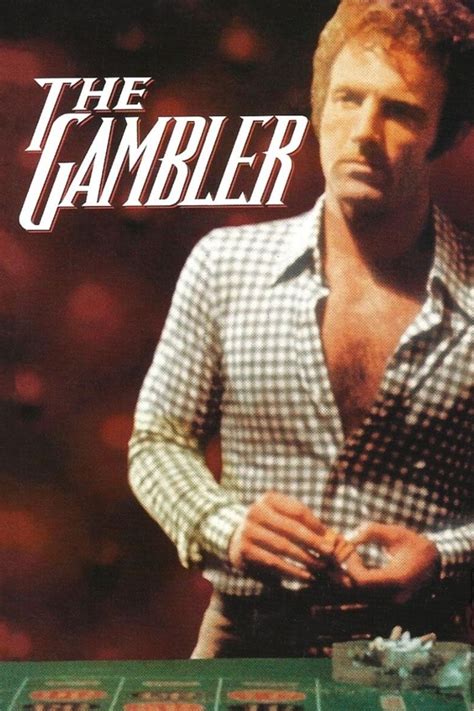The Gambler

Description:
The Gambler is a 1974 American crime drama film about a literature professor who finds himself in deep trouble with gambling debts and loan sharks. As his life spirals out of control, he must confront his addiction and the consequences of his actions.Keywords:
Addiction, Risk, Obsession, Self Destruction, RedemptionIs The Gambler movie based on a true story?
"The Gambler," released in 2014 and directed by Rupert Wyatt, is a remake of the 1974 film of the same name. While it features a character who struggles with addiction and gambling, the story itself is fictional and not based on a specific true story. The film explores themes of risk, desperation, and the consequences of gambling addiction, but it does not depict real events or individuals. The character's journey is a dramatization intended to highlight the dangers of compulsive gambling.
What is the point of the movie The Gambler?
"The Gambler," directed by Rupert Wyatt and starring Mark Wahlberg, explores the destructive nature of addiction, particularly gambling. The story follows Jim Bennett, a literature professor with a gambling addiction that leads him into deep debt and dangerous situations with loan sharks. The film delves into themes of risk, self-destruction, and the struggle for redemption. Ultimately, it portrays how gambling serves as both an escape and a trap for Bennett, highlighting the fine line between control and chaos in one's life.
Was The Gambler a good movie?
"The Gambler," released in 2014 and starring Mark Wahlberg, received mixed reviews from critics. Some praised its exploration of addiction and Wahlberg's performance, while others criticized its pacing and lack of character development. The film delves into the life of a literature professor who struggles with a gambling addiction, leading to high-stakes situations. While it offers a gritty portrayal of the consequences of gambling, opinions on its overall effectiveness as a film vary widely.
What is the famous quote from The Gambler?
In the movie "The Gambler," one of the most famous quotes is by the character Axel Freed, played by Mark Wahlberg. He says, "The only way to win is to lose." This line encapsulates the film's exploration of risk, addiction, and the complexities of gambling. The quote reflects the idea that in the high-stakes world of gambling, sometimes losing can be a necessary step towards understanding the true nature of the game and life itself. The film delves into themes of self-destruction and the pursuit of thrill.
Explore More Categories:
War Drama Globalization Social Issue Odyssey Small Town Life Psychological Thriller Diversity Choices Humiliation Peculiarities Domestic Tension Childhood Retro Aesthetic Hacking Rock Power Dynamics Resurrection Moral Dilemma Sibling Dynamics Alternate Timeline Compulsion Perfectionism British Community Theater Intimate Journey